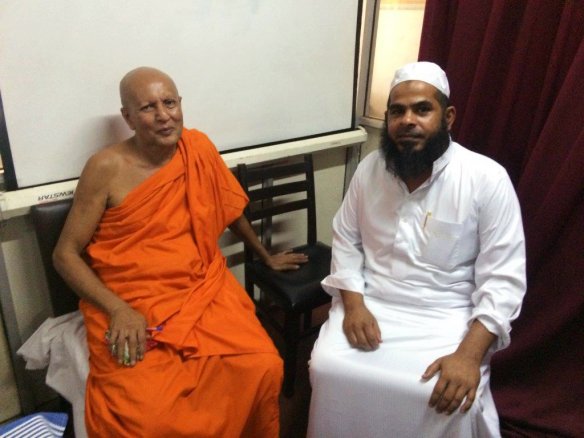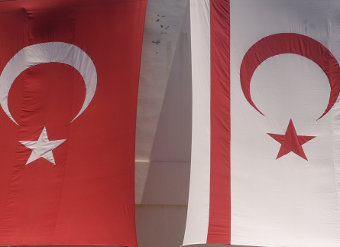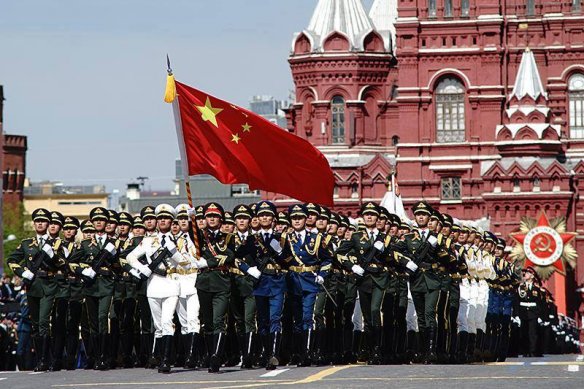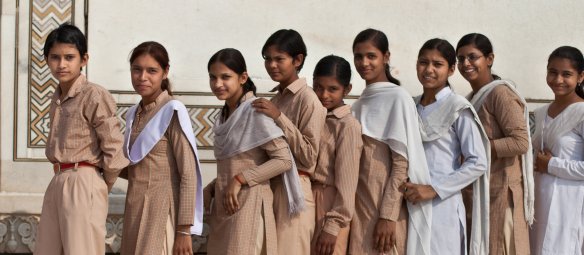PRIO is a partner in a new global homicide monitor that has just been published. Hosted by the Igarapé Institute in Brazil, the monitor presents counts and estimates of global homicide over the period 2000-2014 and is intended to provoke reflection and stimulate debate. The Monitor reports 437,000 homicides in 2012, the last year for which global estimates are available. A small number of countries account for a disproportionately large share of the global burden of homicide. For example, it is estimated that 2 out of every 5 people murdered around the world live in Brazil, Colombia, Mexico, Venezuela or South Africa.
The Homicide Monitor can be found here: http://homicide.igarape.org.br/. It is based upon technology developed by Google in conjunction with PRIO and the Igarapé Institute for the Mapping Arms Data project that is hosted by PRIO and which visualizes the trade in small arms and their ammunition.
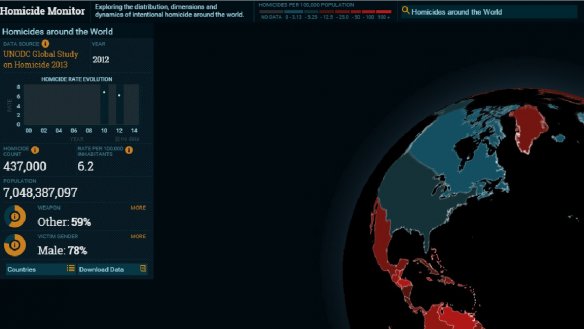
The Homicide Monitor interface panel. Photo: Screengrab
